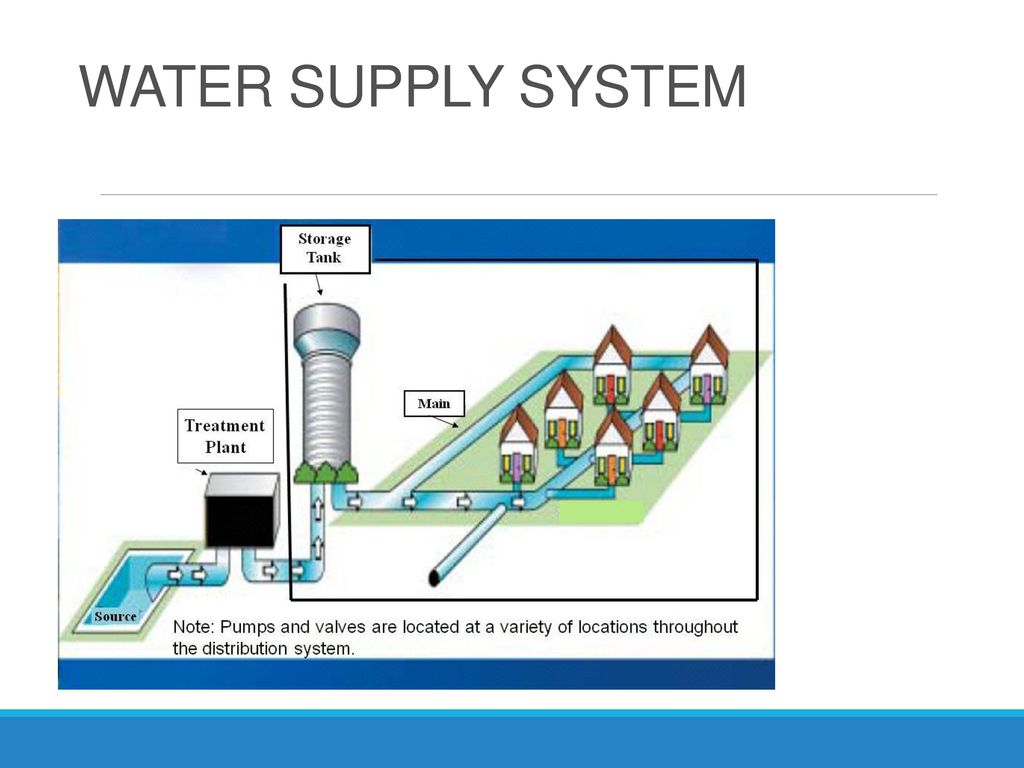Research Projects
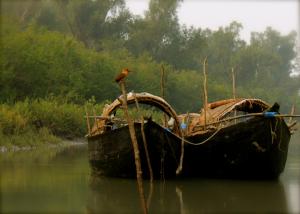
|
Bangladesh Project: Our research starts from the observation that both the people and the landscape of Bangladesh have a long history of resilience. We focus our study in southwest Bangladesh because this region has (a) a diverse physical environment, (b) variation in the ways that communities provide for themselves and interact with one another, and (c) is vulnerable to a broad range of natural and anthropogenic environmental stresses. Within this varied human and physical landscape, we seek to identify patterns of resilience and adaptation to environmental challenges and to understand the role of migration, both as a strategy to enhance resilience and as a response to failures of resilience.
|

|
Electric Car Project: Electric vehicles have the potential to revolutionize personal automobile transportation. This study evaluates whether automakers should instead view electric vehicles as a “disruptive technology” (in terms described by Clayton Christensen) and seek a market niche for vehicles that are a clear departure from today’s models. Contact: Jack Barkenbus |
|
|
Public Water Supply Systems: Public water supply systems in the U.S. are critical to providing safe drinking water. Despite widespread success in the U.S. in providing safe drinking water, aging infrastructure and contamination of source waters present a growing concern for many communities. Managing community water systems to maintain good water quality requires knowledge about the physical system (including infrastructure), the geographic locations of potential problem areas, and the social and economic constructs that indicate where problems may occur. Our research will explore rich data sets related to source waters, to drinking water violations, and to environmental and sociodemographic indicators linked to public health data. We anticipate that the results, which will include a comprehensive database for evaluating drinking water quality, will inform how water governance can be structured to redress problems. Contact: Yolanda McDonald |
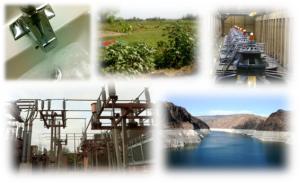
|
Water-Energy-Food Nexus Project: This project focuses on developing a comprehensive understanding of the complex tradeoffs and risks involved in water, energy, and food management. Analyses are exploring interactions in sub-Saharan Africa, the United States, and Sri Lanka.
Contact: George M. Hornberger
|
|
|
|
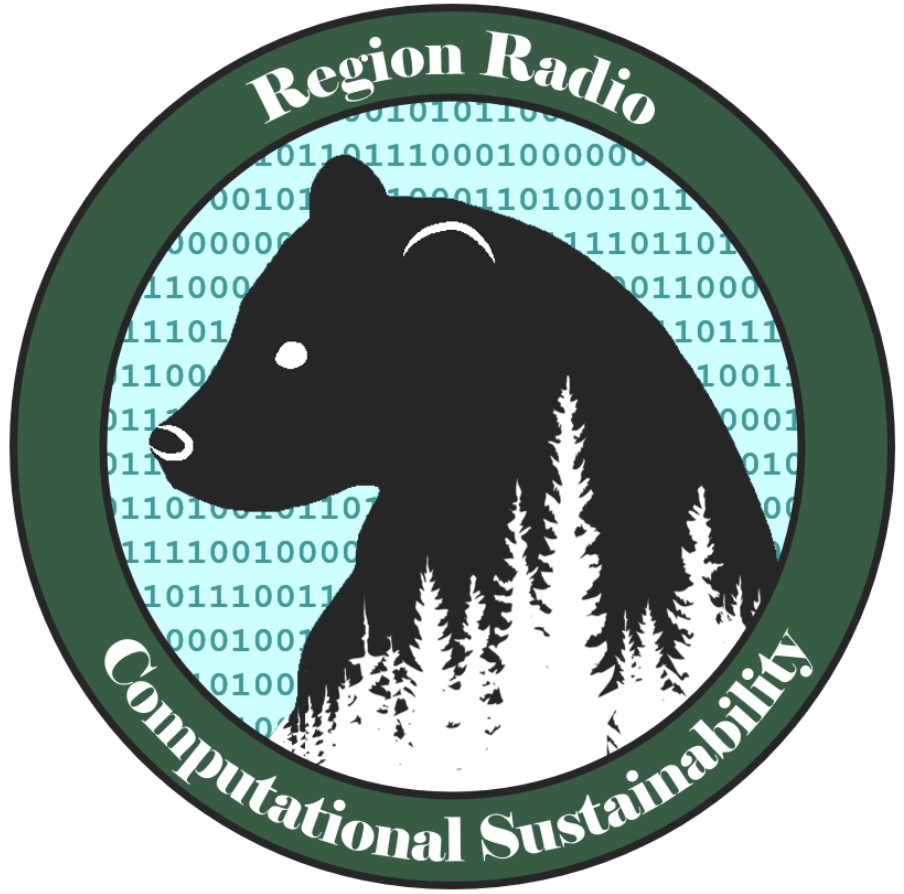
|
Region Radio : Region Radio is an artificially-intelligent (AI) story teller that assembles and reads interesting, sustainability-themed stories from the Web about places along a route of travel. Story topics under the broad sustainability umbrella include wildlife, watershed, energy, environmental and cultural history, and institutions that protect ecological systems. Region Radio, like other place-based narrative systems, is intended to raise awareness and appreciation of regional ecology and culture, but is distinguished from other place-based narrative systems in its use of artificial intelligence to broaden the space of stories than can be found and told. The Region Radio project is but one facet of a much larger NSF-funded Computational Sustainability Network (CompSustNet), of which Vanderbilt is a node, for conducting research and education in the nexus of the many computing and sustainability-relevant sciences.
Contact: douglas.h.fisher@vanderbilt.edu |
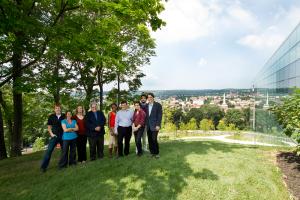
|
Green Jobs Project: This project focused on efforts to combine state and local sustainability policies (such as renewable electricity standards) with economic development policies to create green jobs. The first phase of the project was a report on state and local government policies in the United States. The second phase of the project, Good Green Jobs in a Global Economy, is a book forthcoming from MIT Press on the politics of green-energy policies in the United States in the context of global industrial competition. Contact: David J. Hess |

|
Spillover Project:
This project seeks to examine the existence of environmental spillover: does performance of one pro-environmental behavior increase or decrease the likelihood that a person will take a second pro-environmental action? We are using a mixed-methods approach to investigate spillover effects among a diverse set of pro-environmental actions and support for pro-environmental policies as well as the psychological and situational conditions that give rise to positive vs. negative spillover effects.
|
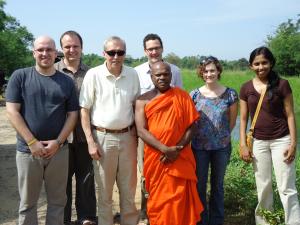
|
Sri Lanka Project:
The Sri Lanka project is studying how small rice farming communities in Sri Lanka respond to drought and other climatic changes. By drawing on expertise in both the physical and social sciences, the group is uniquely suited to address the challenging and complex questions found in the rice paddies of Sri Lanka. The results from this project will hopefully provide guidance when coping with a future of climatic change and food scarcity. Contact: George M. Hornberger, Thushara Gunda
|
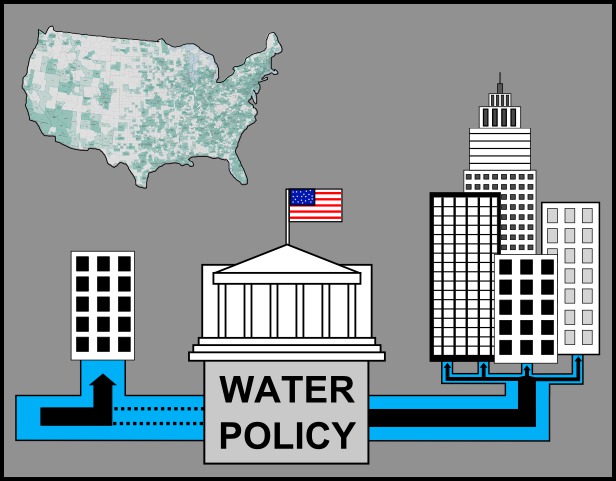
|
Water Conservation Project: This multidisciplinary project offers a systematic analysis of the political, demographic, economic, hydrologic, and climatological factors that affect the development of water conservation policies in American cities. We are developing an innovative “translational hydrology” model that explores the complex transition between the hydrological sciences and water policy. This model will provide metropolitan decision-makers with new insights into the conditions that enable water conservation proposals to advance toward policy adoption and implementation. Contacts: David J. Hess, George M. Hornberger, Jonathan Gilligan
|
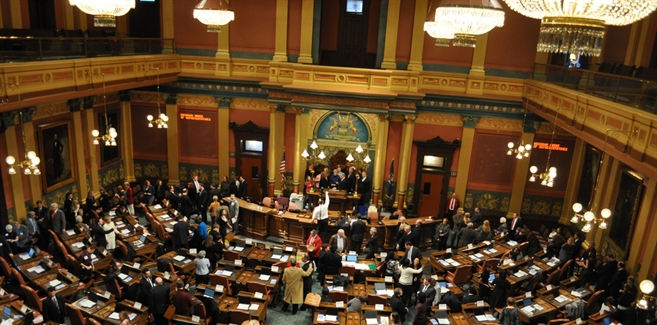
|
Conditions Favoring Bipartisanship in State-Level Energy Policy Project: There are many reasons why countries across the world have developed policies to diversify energy sources and increase energy efficiency, among them the vulnerability of supplies, changes in price ratios among energy sources, and environmental issues. In Europe and parts of Asia, there is a broad political consensus in favor of diversifying energy sources, but political consensus has proven more elusive in the U.S. Although bipartisan initiatives for energy legislation are very limited in the federal government, at the state government level there are ongoing examples of bipartisanship. Contact: David J. Hess
|
|
|


